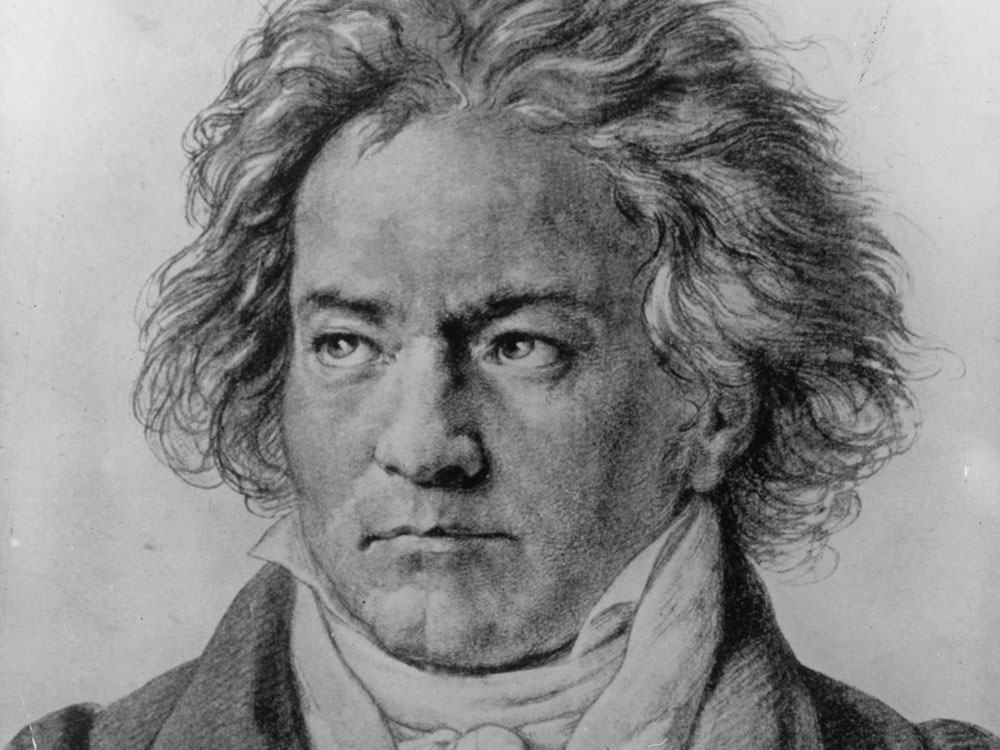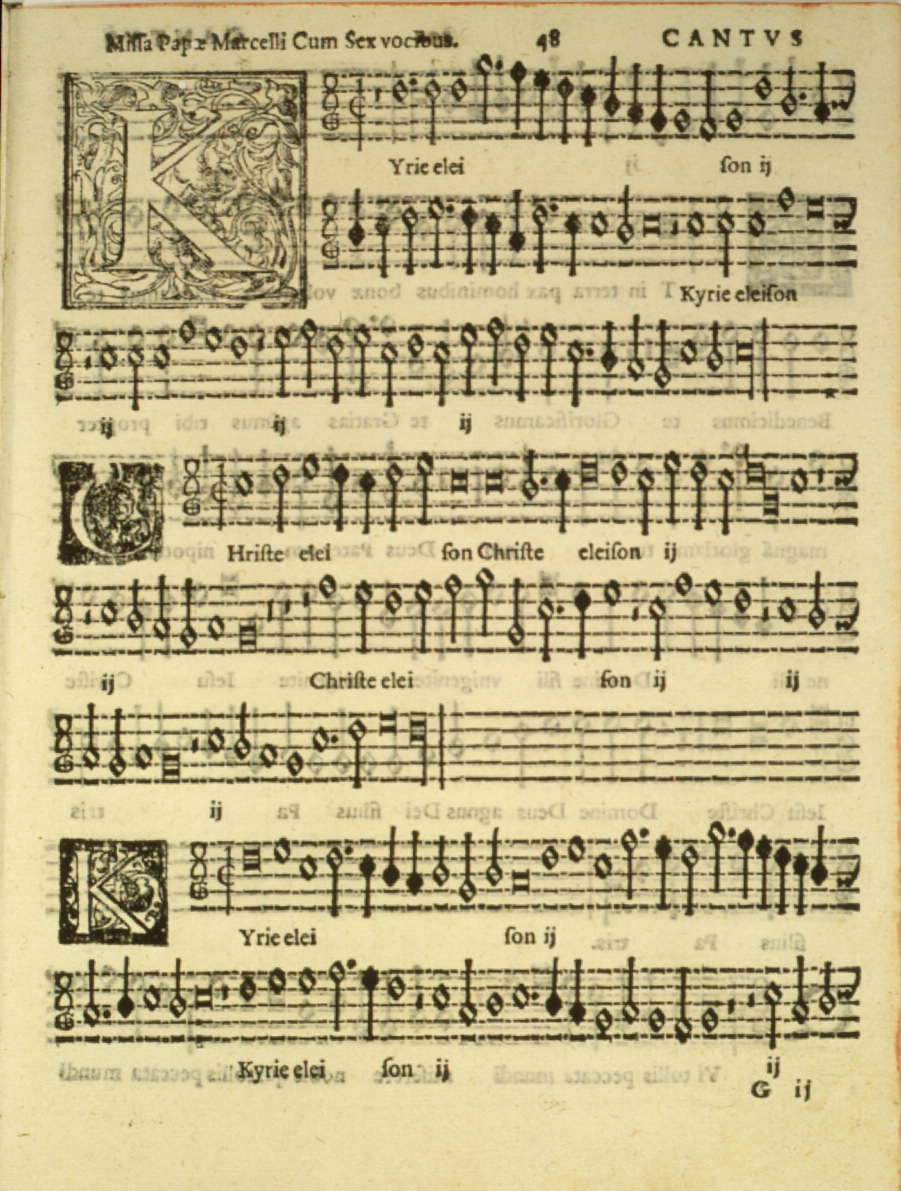I noticed yesterday that five men were in my head throughout the day. They of course were not the only ones but since they are all composers of profound music they share an impact on me.

First I played through a variation from the Goldberg Variations of Bach that I’m pretty sure I had never played through before (Variation 26 below).

At least I don’t remember doing so (thank you, Alzheimers).
Then in the afternoon, my piano trio met. It’s the first time the three of us have been together for a couple of weeks. I canceled one week. The second week the violinist didn’t show. But yesterday we were all there.

We began with Fauré. First a trio arrangement of his song, Après un rêve.

It’s the length of an art song (which is not very long).
Then we moved on to his piano trio. This is an intriguing composition to me. The accompaniment patterns in the piano never repeat the way one might expect. There is always a subtle and telling change. The themes in the two movements we played through yesterday are beautiful, unique and to my ear very modern sounding (more like virtuoso popular music than “clangy” modern).

We finished with the first movement of Beethoven’s C minor piano trio. We have been rehearsing this one on and off for a while. I have noticed that my keyboard technique is kicking in more and more. This is helpful because the piano part to this trio is a handful.
Earlier in the day, I had rehearsed my prelude and postlude for this Sunday. We are singing a little Baroque Italian thing for the anthem. I thought it might be fun to use Italian organ composers.

The prelude is a toccata by Frescobaldi.

The postlude is a ricercar by Andrea Gabrieli, uncle to the more famous Giovanni Gabrieli.
Playing the music I did yesterday was like having a conversation with or maybe overhearing intimately other minds. Over and over I feel privileged to come into contact with people who have lived and breathed long before I was born. Bach’s intricate twists and turns in his Goldberg Variations. Fauré’s elegant, beautiful, disturbing comments in his trio written late in his life. Beethoven’s stormy full throated ideas booming in his trio movement. Then the careful Renaissance world of interesting small capsules of meaning in the back and forth working out of beautiful musical and rhythmical ideas.
When playing early Renaissance music I remember that the original music when played or sung by groups of musicians was never written in score. Instead each player had his own part to sort of work out with other players without the regularity of numbered measures.

There was never a “start at Letter A” when there were essentially no measures and ideas were as long as the composer made them and often overlapped in marvelous ways.
The independence of the voices was such that composers like Palestrina disdained to compose separate voices in score. Instead they would write out each line separately.

This does not really apply to the keyboard music I am playing since I know it was written in score and comes a generation later than Palestrina. But still I think it’s a cool way to think about the interplay between the voices.
